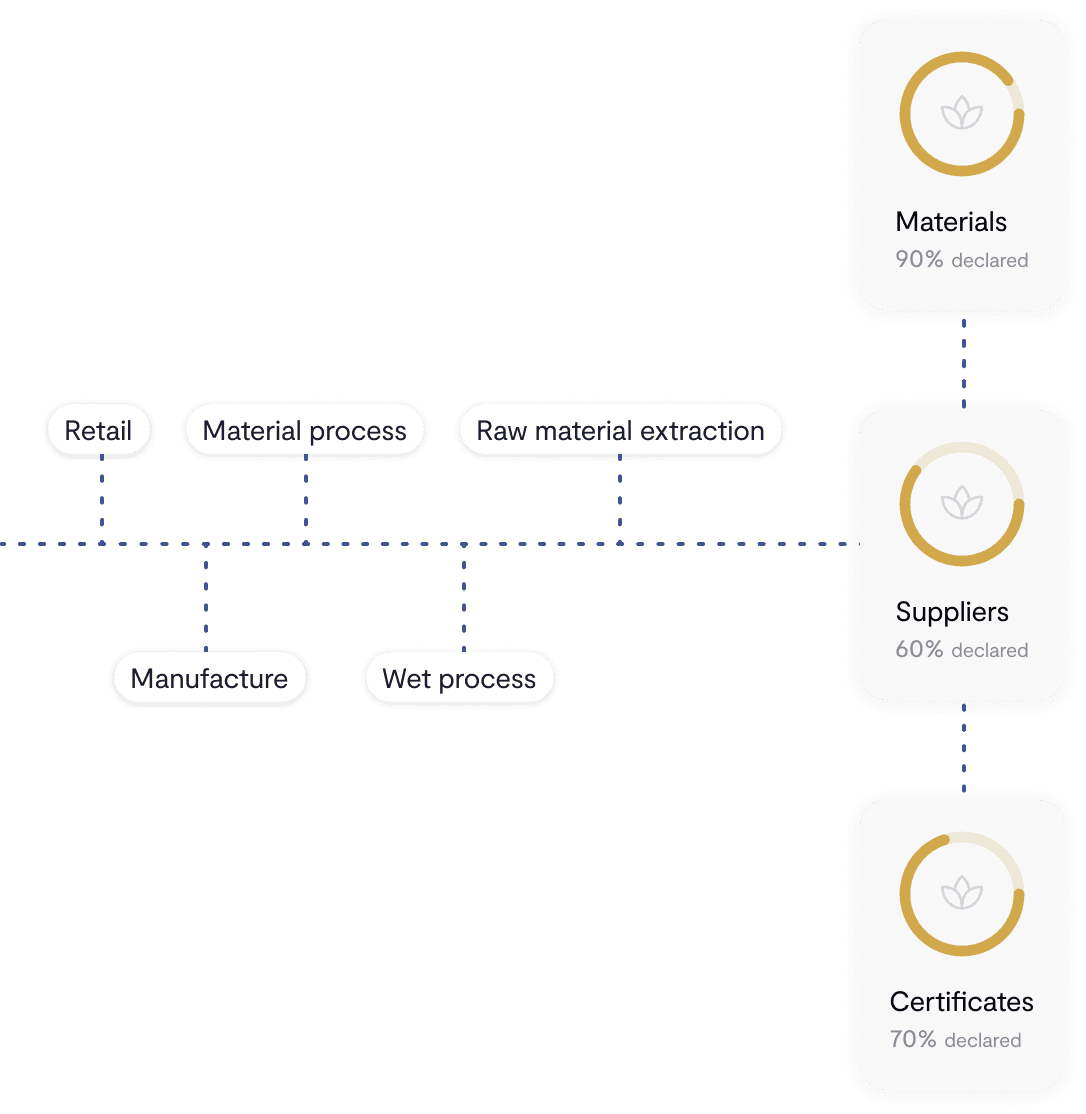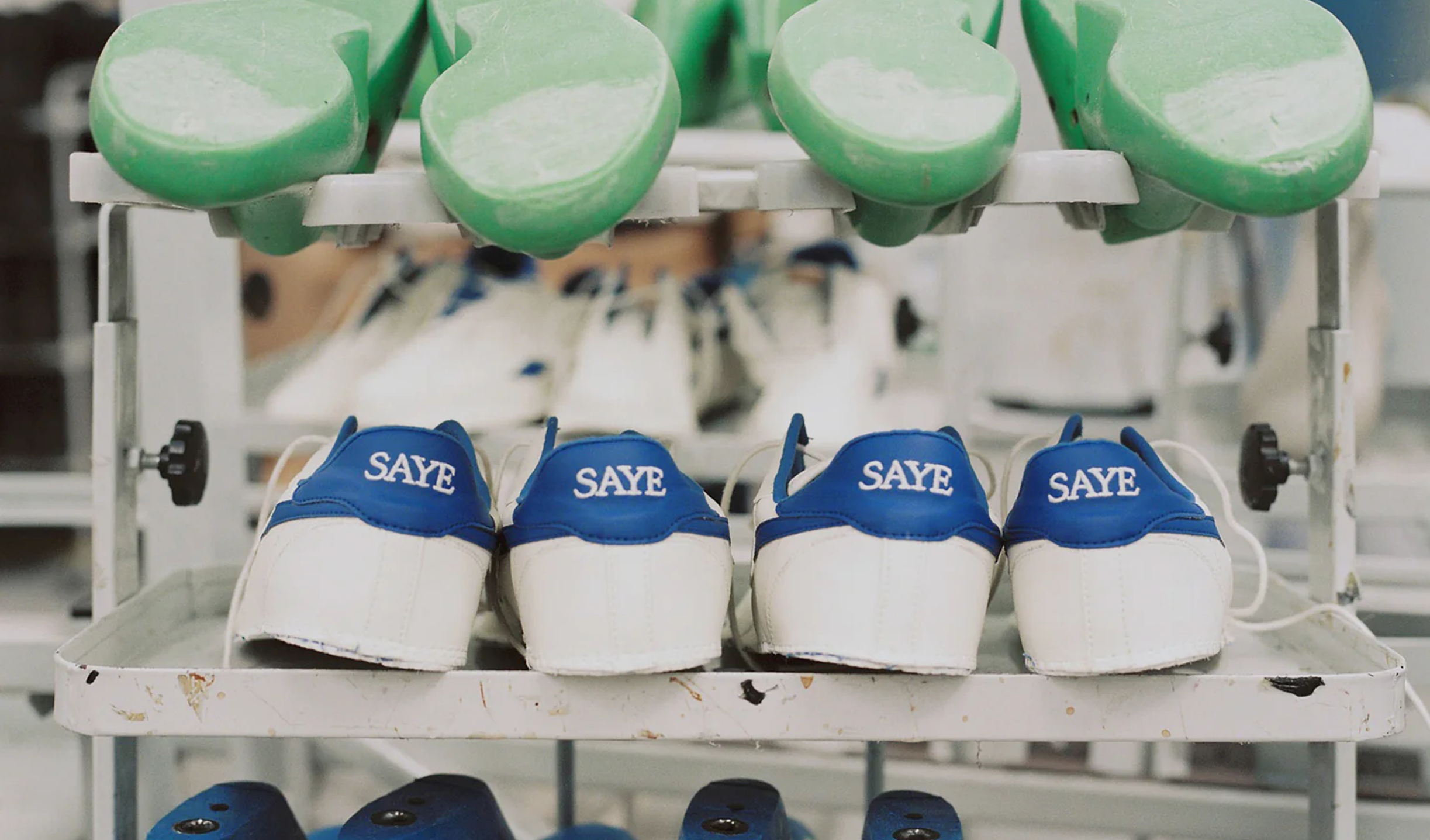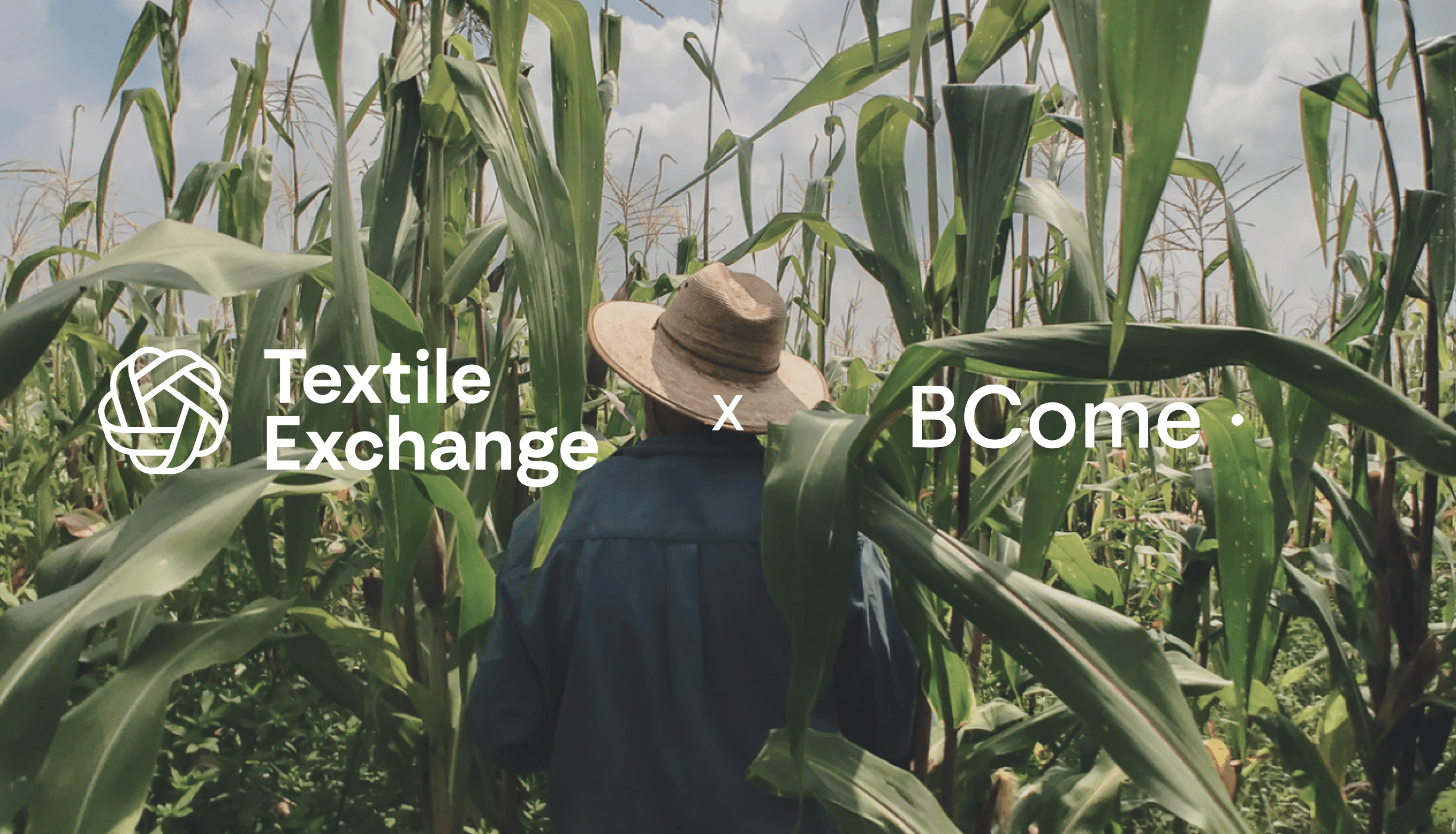As advocates for making sustainability a collective goal, at BCome, we actively participate in creating support networks to foster global progress towards a more responsible and ethical textile sector. Join us in this interview with Eva Diaz, Sustainability Director at Hallotex, to gain insights into suppliers’ perspectives regarding the challenges confronting the fashion industry.
The Catalan textile company, Hallotex, is a major supplier to prominent fashion groups and one of Spain’s leading specialists, producing yarns, fabrics, and garments. Presently, their mission is driven by a passionate commitment to crafting high-quality items that adhere to the most rigorous sustainability standards.
How crucial is collaboration between fashion brands and suppliers for meeting climate targets and driving sustainable practices in the supply chain?
E. Ensuring alignment with long-term goals for genuine transformation in environmental, social, and economic sides within our industry is crucial. It drives innovation, fostering sustainable material sourcing and improved manufacturing processes while prioritizing ethical labor conditions. This collaboration eases transparency in the supply chain. The increasing demand from consumers and governments for compliance with social and environmental standards shapes sustainable production criteria, emphasizing the need for resilience in the supply chain. Such collaboration not only demonstrates real commitment but also builds a positive reputation, stimulating greater demand for sustainable products.
What are the main challenges that textile suppliers face when meeting the sustainable demands of fashion brands?
E. Primarily, the lack of alignment across several concepts presents a challenge. Barriers and discrepancies between design teams and purchasing departments are key factors. Implementing sustainable practices involves added costs, especially with the use of sustainable materials in ecodesign phases and investments in cleaner technologies and compliance with yearly standards, increasing expenses beyond conventional production. Limited availability of certain sustainable raw materials, like organic cotton, due to volume limitations, price fluctuations, sourcing concerns, and commitments made by brands, accelerates the transition to other sustainable materials with added costs for suppliers. Transitioning to sustainable practices often demands specialized knowledge and training in new technologies, posing challenges within supply chains less familiar with sustainable practices, hindering traceability. Standardizing criteria and demands uniformly across brands is essential to prevent unfair competition between committed and non-committed suppliers, ensuring equality in production conditions. There’s a need to standardize social and environmental audit systems, as different brands have varied sustainable standards, creating disparities even within a single supplier’s certifications for similar social or environmental aspects.
Standardizing criteria and demands uniformly across brands is essential to prevent unfair competition between committed and non-committed suppliers, ensuring equality in production conditions
Eva Diaz, Sustainability Director at Hallotex
Some of the upcoming legislative changes will involve increased transparency in the supply chain. How do you perceive that these regulatory changes will impact suppliers?
E. Without doubt, it will have a significant impact, extending across several operational aspects for suppliers. These changes will demand detailed information, increasing the administrative burden to gather, manage, and share production processes, raw material sources, labor practices, and environmental data. Linked to sustainability objectives, these regulations might pressure suppliers to adopt more sustainable practices, enhancing their environmental and social performance. Clear responsibilities along the supply chain will be established, making suppliers accountable for compliance, potentially facing penalties for non-compliance.
Investments in data management systems will be essential to meet transparency requirements. It’ll foster greater collaboration requiring information sharing to demonstrate compliance and ongoing improvement
Eva Diaz, Sustainability Director at Hallotex
Risk assessment and management related to these regulations will be crucial, forcing improvements in sustainability and corrective measures. Investments in tracking technologies and data management systems will be essential to meet transparency requirements. It’ll foster greater collaboration among suppliers, brands, retailers, and civil society organizations, requiring information sharing to demonstrate compliance and ongoing improvement. Compliance will significantly impact suppliers’ reputations, especially those embracing sustainable practices, earning brand trust and strengthening business relationships. While initial challenges will arise, this shift presents a long-term opportunity for improvement and competitiveness, proactive adaptation to these regulations becoming pivotal for success in an increasingly socially and environmentally responsible business landscape.
Do you believe the textile supply chain is proactively preparing for these regulations, or instead, maintaining a passive approach until the norms come into effect?
E. There’s a noticeable shift towards increased awareness and action, particularly in sustainability and transparency. Depending on the company and region, there’s a rising trend towards proactive engagement, evident through participation in sustainability initiatives and independent certifications, indicating readiness for forthcoming European regulations. Simultaneously, investments in technology to streamline supply chain information management showcase efforts to not only comply with regulations but also improve operational efficiency. Expectations from brands are higher, compelling suppliers to adapt to stricter standards even before regulations are enforced to maintain business relationships. Yet, there remains a sector in the industry with a more passive position, likely waiting until regulations become imminent.
Expectations from brands are higher, compelling suppliers to adapt to stricter standards even before regulations are enforced to maintain business relationships
Eva Diaz, Sustainability Director at Hallotex
Many fashion brands are opting to shift towards more sustainable suppliers. However, what impact do you think the lack of investment by these brands in the sustainable optimization of their conventional suppliers could have?
E. Certainly, the lack of investment in the sustainable optimization of conventional suppliers could have significant repercussions. The absence of sustainability criteria in conventional suppliers could intensify operational and supply chain risks, potentially disrupting production. Future sustainability-related regulations might strengthen, posing challenges for brands that haven’t invested in their conventional suppliers, putting them behind those who have prepared for these requirements. Investing in optimization not only tackles risks and challenges but also presents opportunities for innovation. Brands collaborating closely with conventional suppliers to enhance their practices may discover more efficient and sustainable production methods, leading to long-term benefits.
This interview is a snippet from the Sustainability Handbook 2024: Evolving Fashion Resilience. Dive deeper into the challenges we foresee for the fashion industry in the coming months and ensure effective solutions with BCome’s support. What specific needs does your business have? We are flexible to address them, regardless of their scope.

Eva Diaz is the Sustainability Director at Hallotex.









